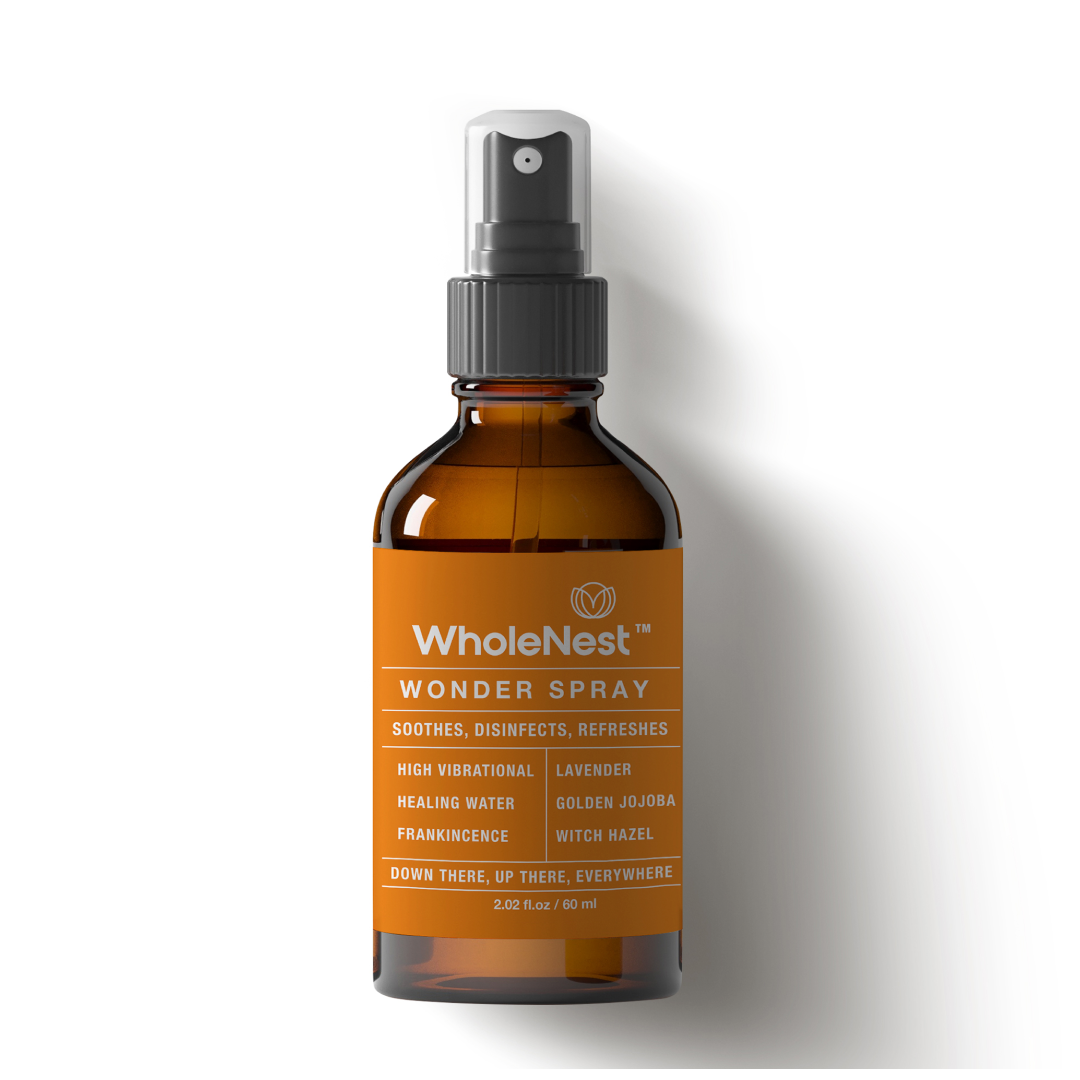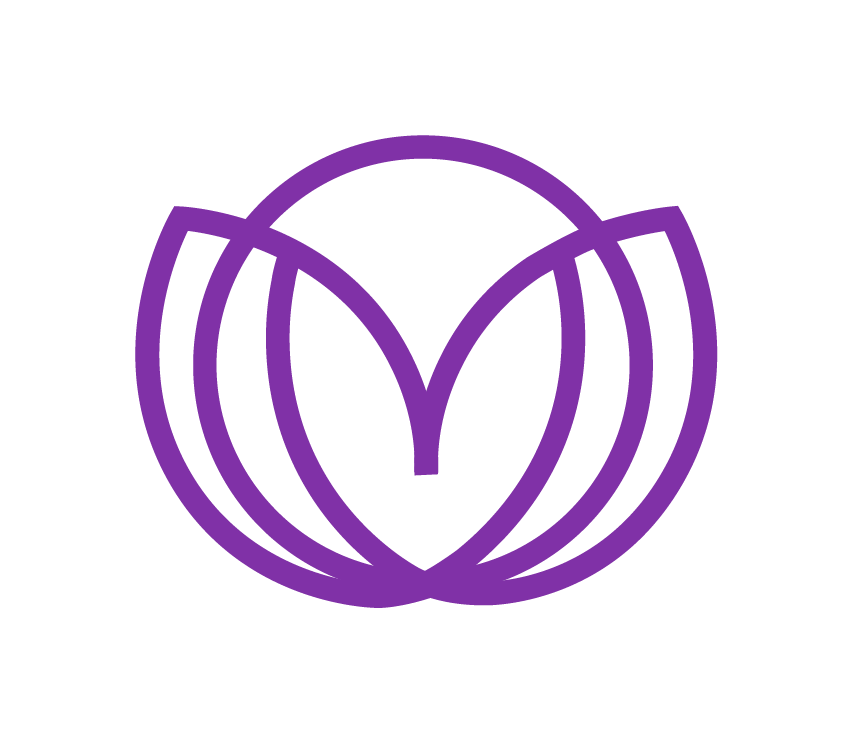You’re finally holding your little one, surrounded by tiny clothes, warm blankets, and congratulations from every direction. But in those still moments, in between feedings and diaper changes, something else starts to surface: a wave of loneliness, anxiety, or even sadness that you didn’t expect.
Postpartum is often described as a time of joy, bonding, and love, and while that’s true, there’s another side that’s rarely talked about. The loneliness that sneaks in between feedings. The anxiety that shows up out of nowhere. The overwhelm can make even small tasks feel impossible. You might find yourself missing your old life, your old body, your sense of control. And yet, you feel guilty for even thinking that, because shouldn’t you just be grateful?
It’s not because you’re doing anything wrong; it’s because you’ve just gone through one of the most intense transformations a human being can experience. Physically, hormonally, and emotionally, everything is shifting. And yet, society often expects mothers to “bounce back” as if nothing monumental just happened.
The truth is, you can love your baby deeply and still feel overwhelmed. You can be surrounded by people and still feel completely alone. These feelings don’t make you a bad mother; they make you human. Every mom, in her own way, walks through these emotions, some silently, some out loud. And the more we speak about them, the less power they hold.
This is the side of postpartum that deserves more light, because behind every quiet moment of struggle is a mother learning how to rebuild herself, one breath at a time.

Is it “Baby Blues”?
What most people call the “baby blues” can actually be a deep mix of biology, exhaustion, and emotional transition. After birth, your hormones, especially estrogen and progesterone, drop sharply. This sudden change, combined with sleep deprivation, physical recovery, and new responsibilities, can leave you feeling anxious, emotional, or disconnected.
But it’s not just hormones. Becoming a mother reshapes your entire identity. You’re no longer who you were before pregnancy, and you’re still learning who you are now. That shift can feel both beautiful and disorienting. Many moms describe it as a kind of emotional “in-between”, loving their baby fiercely while quietly grieving the version of themselves they used to know.
Then there’s the mental load. You’re constantly alert, feeding schedules, diaper changes, appointments, baby’s sleep cues. Your mind rarely shuts off. Even moments meant for rest can turn into worrying about whether you’re doing things right.
When all of this combines, hormone changes, physical healing, lack of sleep, and emotional adjustment, it’s no wonder so many new moms feel isolated or overwhelmed.
And yet, these feelings are a normal part of recovery. They’re not a reflection of your ability to parent. They’re your body and mind asking for rest, nourishment, and connection.
When we understand what’s happening beneath the surface, we can meet ourselves with compassion, instead of guilt or shame. The goal isn’t to “snap out of it,” but to support your healing on every level, physical, emotional, and spiritual.

Build Your Village Before You Need It
There’s a saying that “it takes a village to raise a child”, but what we often forget is that it also takes a village to support a mother.
In today’s world, many moms go through postpartum feeling like they have to do it all: caring for the baby, managing the house, keeping up with messages, and somehow taking care of themselves, too. The truth is, we were never meant to do this alone. Throughout history, women were surrounded by other women: family, neighbors, elders; helping with meals, caring for the baby, and tending to the mother’s healing.
That sense of community is still possible, but it often needs to be built with intention. Before your baby arrives (or even after), think about who can show up for you in small but meaningful ways.
Here are a few ideas:
-
Create a support list. Write down the names of people you can call for specific needs: someone who can drop off meals, another who can watch the baby while you shower, and someone who’s just there to listen.
-
Ask for practical help. Let friends and family know that what you really need isn’t more baby clothes, it’s a warm meal, a grocery run, or help folding laundry.
-
Join postpartum or mom circles. Whether local or online, these spaces remind you that you’re not alone in your feelings or struggles. Sometimes just hearing “me too” can lighten the emotional load.
-
Communicate with your partner. Share how you’re feeling, even when it’s hard. Let them in on your emotional world so they can support you in ways that truly matter.
Building your village is one of the most loving things you can do for yourself, and for your baby. Because when a mother feels supported, she can give from a place of calm and fullness rather than depletion.

Create a Gentle Self-Care Routine
In the early weeks after giving birth, the idea of “self-care” can feel impossible, like one more thing to add to an already overwhelming list. But true self-care in postpartum isn’t about spa days or elaborate rituals; it’s about tiny, consistent moments of nourishment that remind your body and mind they matter too.
Your body has done something extraordinary. It’s still healing, adjusting, and learning a whole new rhythm. Giving yourself even five minutes of presence can shift how you feel.
Here are a few gentle ways to weave care into your day:
-
Start and end your day with calm. Before everyone wakes up (or once baby finally sleeps), take a few deep breaths, sip a warm drink, or stretch your shoulders. A few quiet minutes can ground your nervous system.
-
Nourish your body. Keep easy snacks nearby: nuts, fruit, broth, or smoothies, so you don’t skip meals. Hydration and real food directly support hormone balance and mood.
-
Move gently. A slow walk, light stretches, or breathing exercises help release tension and bring you back into your body. Listen to what feels supportive, not forced.
-
Express your emotions. Journaling, voice notes, or simple reflection can help you process feelings before they build up. There’s no right or wrong, just let it flow.
-
Create tiny rituals. Light a candle, play calming music, or mist your face and space with something soothing, like a natural spray that blends lavender and frankincense. That gentle aroma can help you pause, breathe, and reconnect to yourself, even for a moment.
Self-care doesn’t have to look perfect. Some days it might just mean choosing rest over chores or saying “yes” when someone offers help. Each small act of care is a message to yourself: I’m worthy of the same love and attention I give to others.

The Power of Connection & Healing Circles
Motherhood can feel surprisingly lonely, even when you’re never technically alone. Between feeding schedules, naps, and the constant hum of responsibility, it’s easy to lose touch with yourself, and with others who truly understand what you’re going through.
Connection is one of the most powerful antidotes to postpartum isolation. Talking with someone who listens without judgment, sharing your emotions openly, or simply being seen can ease the heaviness that often sits quietly beneath the surface.
One of the most healing things I’ve experienced, both personally and as a facilitator, is the energy that forms when mothers come together in safe, nurturing spaces. Healing Circles are designed exactly for that: a space to pause, breathe, reflect, and connect with other women walking through similar transitions.
In these circles, we share stories, release emotions, and practice guided meditations that bring calm and clarity. It’s not therapy, it’s community care. A reminder that you don’t have to carry everything alone.
But whether it’s a circle, a support group, or a trusted friend, find your space to connect. Connection creates healing on every level, emotional, mental, and even physical. When you speak your truth and are met with understanding, something inside you softens.
Because sometimes, the most powerful medicine is simply being surrounded by others who remind you: You’re not broken. You’re becoming. 💛

Recognize When You Need Extra Support
Even with all the love and care in the world, sometimes the emotional weight of postpartum becomes too heavy to carry alone. Feeling tired, tearful, or anxious in the early weeks is normal; your body and mind are in recovery mode. But if those feelings linger, intensify, or start affecting your ability to enjoy your days, it may be time to reach for extra support.
Here are some signs to gently pay attention to:
-
Persistent sadness or emptiness that doesn’t ease with rest or reassurance
-
Racing thoughts, constant worry, or difficulty relaxing even when baby is calm
-
Trouble sleeping even when you have the chance
-
Feeling detached from your baby or from yourself
-
Loss of appetite or motivation
-
Thoughts of guilt, hopelessness, or fear that something is wrong with you
If any of this feels familiar, please know, you are not failing. Postpartum anxiety and depression are common, and they’re not your fault. They’re signals that your body and mind need deeper care, not a reflection of your strength or love for your baby.
Talking to a healthcare provider, therapist, or postpartum specialist can be the first step toward relief. There are professionals trained to support mothers through exactly this, and getting help early makes a world of difference.
Sometimes, healing means letting others hold you for a while, through words, through presence, through understanding. Asking for help doesn’t make you weak; it’s one of the bravest, most nurturing acts of motherhood.





